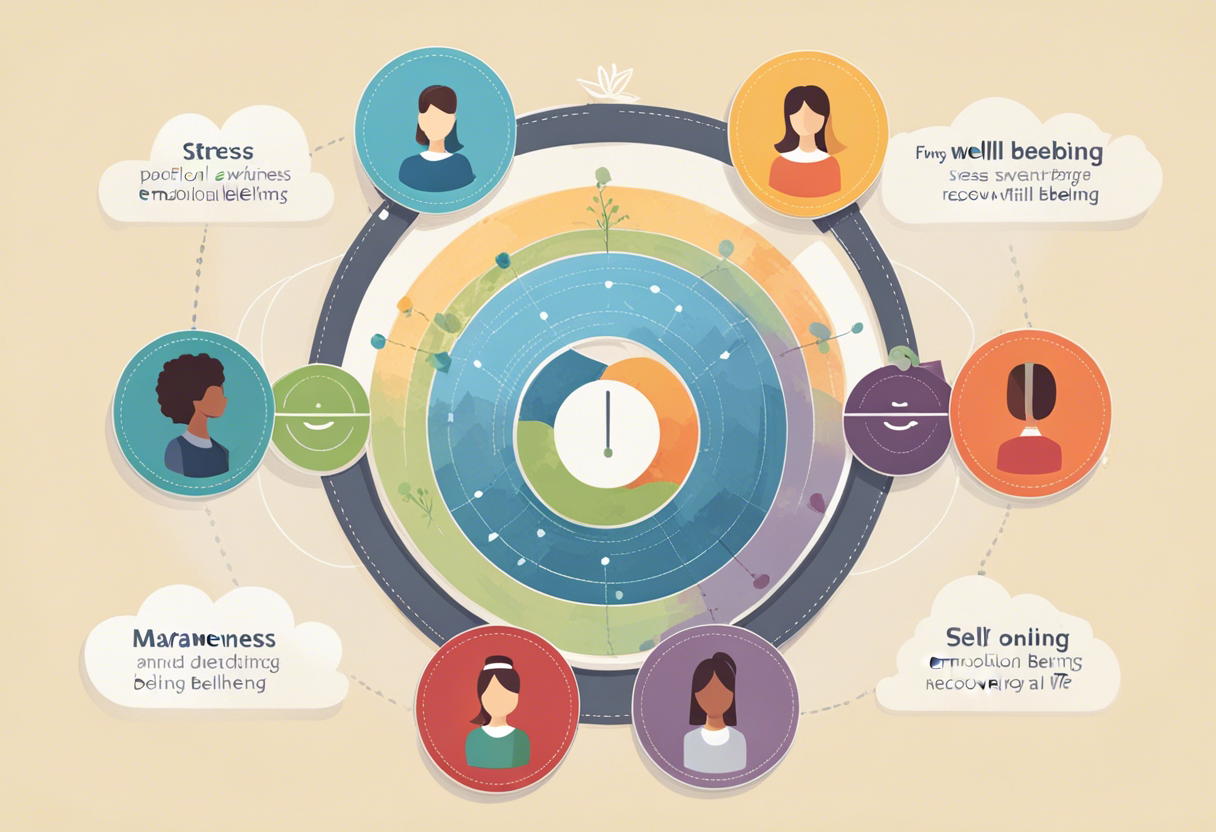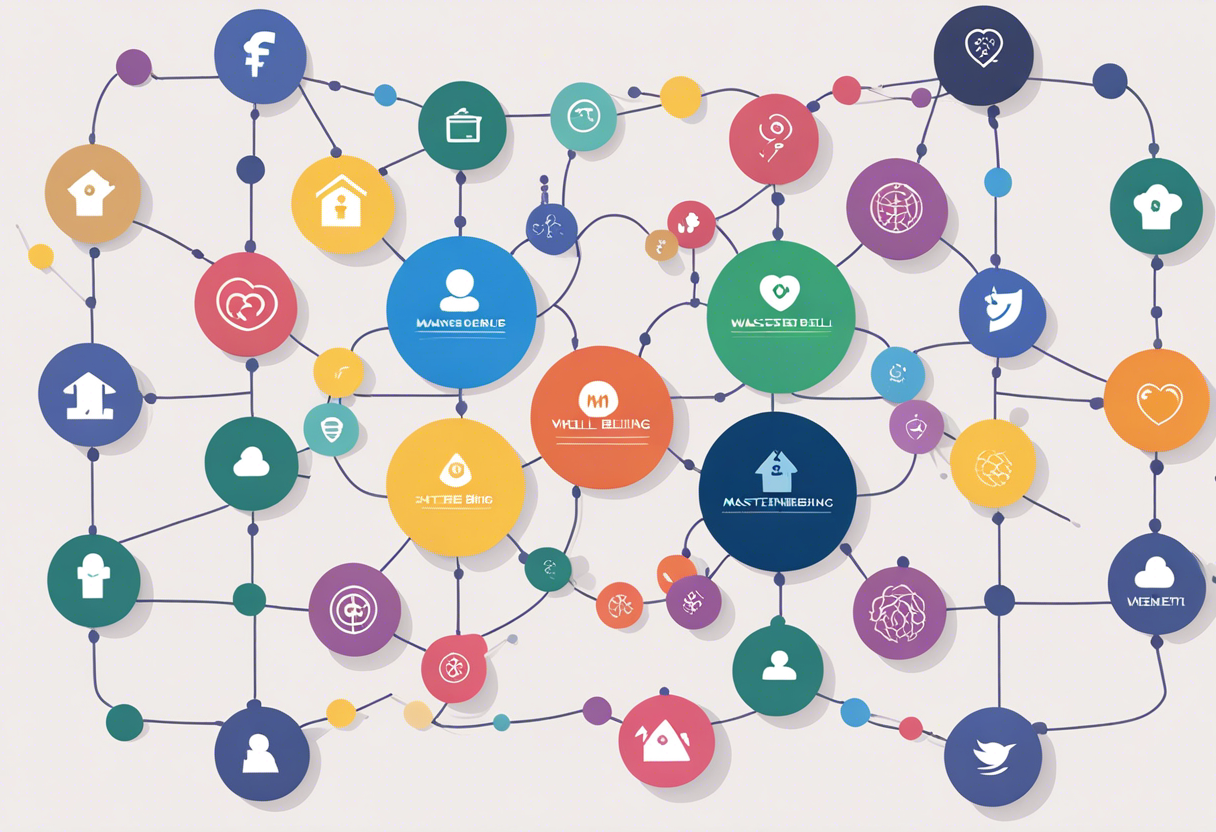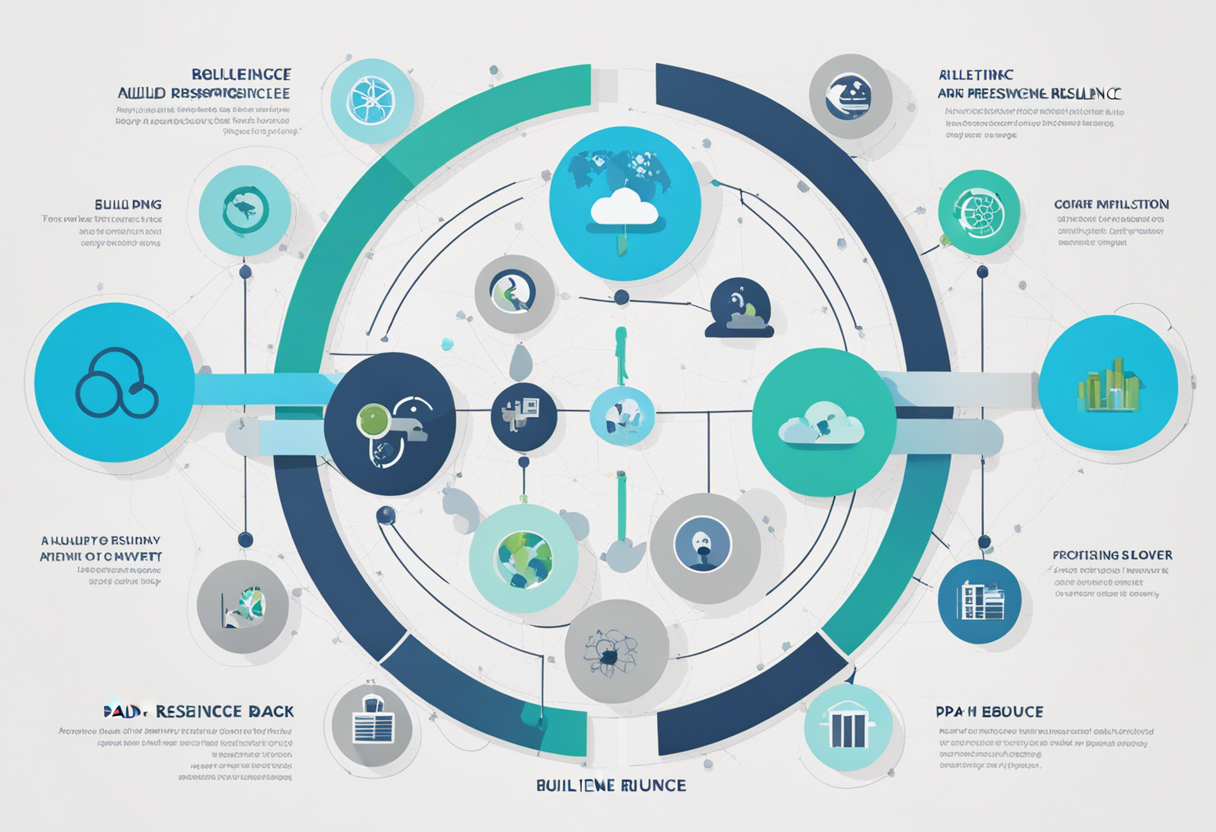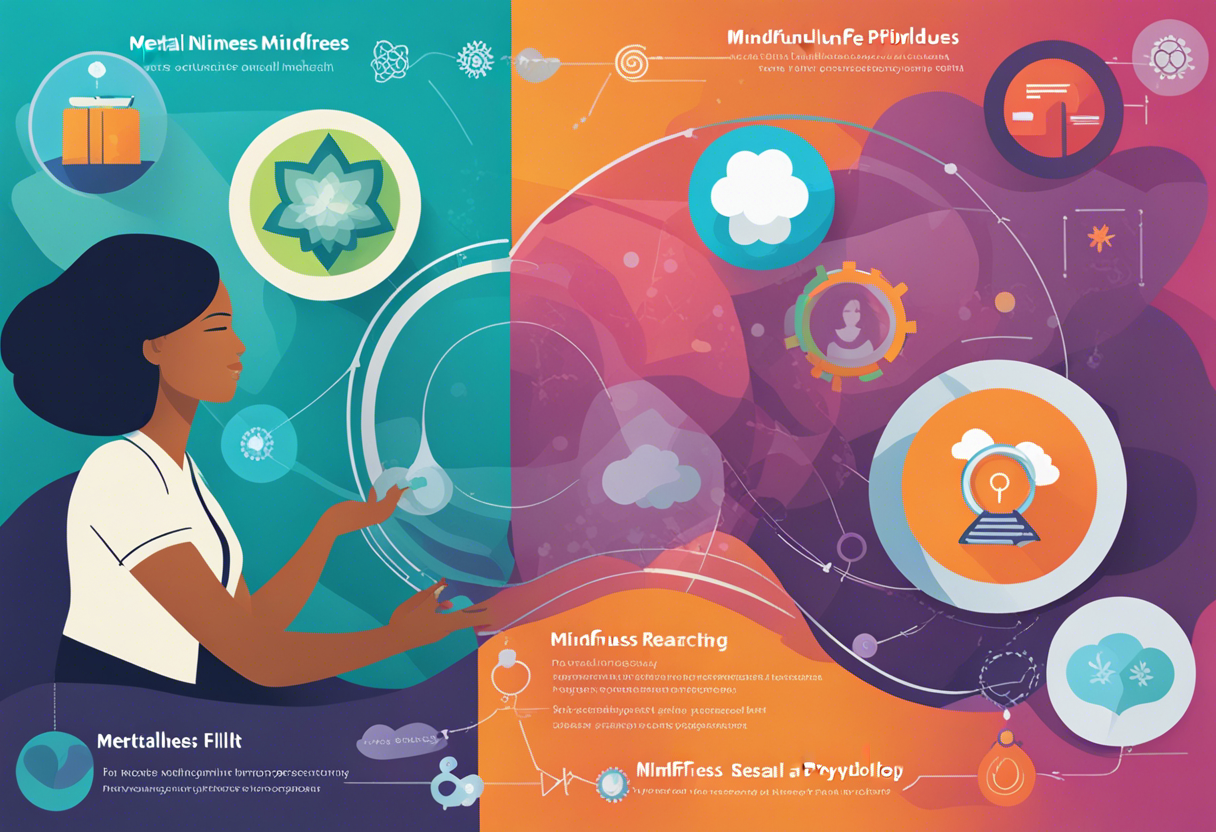Five Crucial Pillars of Mental Health that Shape Our Lives
Mental health is just as critical as physical health, if not more so. Yet, societal misconceptions and stigma can often mean that it is not given the priority it deserves. The World Health Organization considers mental health a fundamental aspect of well-being, shaping our thoughts, emotions, interactions and overall quality of life.
Modern scientific research identifies five critical pillars of mental health that shape our lives: self-awareness, emotional well-being, social well-being, resilience, and mindfulness. Bear in mind, these pillars may look different for everyone, yet their impact is universally profound.
Delving into Self-Awareness

Self-awareness refers to knowing oneself – strengths, weaknesses, thoughts, beliefs, emotions, and motivations. Understanding your mental health often starts with self-awareness. It involves realizing what you're going through, recognizing the signs of psychological stress, and taking steps to seek help as needed.
By enhancing self-awareness, individuals are better able to interpret their own mental health and manage their reactions to different situations. Ongoing research shows a strong correlation between high self-awareness and improved mental health outcomes.
Navigating Emotional Well-being

Emotional well-being often goes hand-in-hand with self-awareness. It involves the ability to handle one's emotions, fostering healthy relationships and maintaining a positive mindset. In relation to mental health, it's pivotal to our life’s narrative.
Research indicates that individuals with robust emotional well-being are better equipped to manage stress, maintain positive relationships, and recover from life's setbacks and adversities.
Mastering Social Well-being

Interpersonal relationships shape our mental health. Being connected to others - having secure, healthy, supportive relationships - contributes to our social well-being. It provides us strength in times of trouble, offers joy in times of celebration, and gives us a sense of belonging and community.
Emerging studies connect positive social well-being to lower levels of anxiety and depression, displaying the significant role social support systems play in our mental health.
Building Resilience

Resilience is the ability to bounce back in the face of adversity, an essential coping mechanism for life's inevitable challenges. It flows from a network of multiple factors, such as an optimistic outlook, high self-efficacy, and strong problem-solving skills.
Recent evidence illustrates that fostering resilience leads to lower rates of depression, greater life satisfaction, and increased productivity.
Fostering Mindfulness

Mindfulness involves being present in the moment while calmly acknowledging and accepting one's feelings, thoughts, and bodily sensations. It promotes self-regulation and stresses thoughtful responses over impulsive reactions.
Research in the field of psychology links mindfulness to improved mental health. Benefits include stress reduction, improvement in attention, and decreases in emotional reactivity. Importantly, it also provides a framework for integrating all other pillars of mental health.